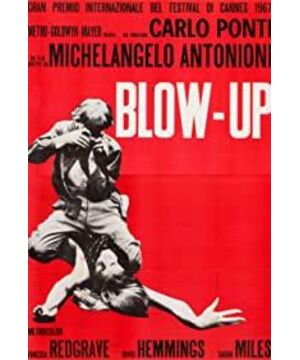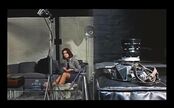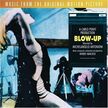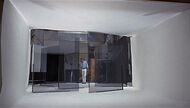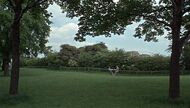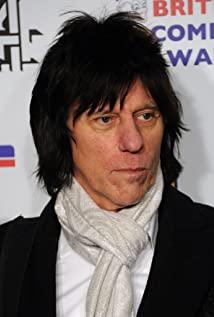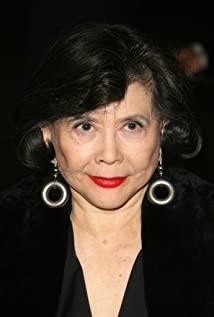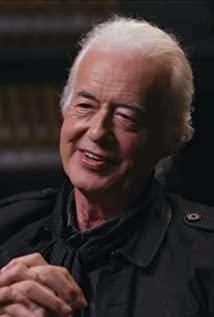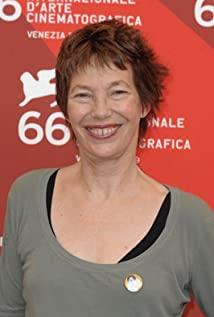As a photographer, Thomas tried to conquer everything with modern technology, claiming that what he was after was real, and indeed he achieved some success, both sexually and professionally. However, in the process of zooming in again and again, Thomas gradually lost himself in the illusory world he had created. When he realized that he was powerless to change the world, the final result was that he picked up that trumped-up tennis ball and accepted the world's treatment of him. change.
In the last paragraph of the virtual tennis match, the director used 31 shots to describe a trumped-up tennis match in detail. A group of pale-faced rebellious students imitated the movements of playing in an empty tennis court. The two were running around on the court, very devoted, and they won and lost the game. The two players played seriously, and the audience watched meticulously, as if their heads were swaying left and right with the non-existent ball. The protagonist Thomas watched in confusion. At first, he seemed to be watching from the sidelines, with a puzzled expression on his face. Thomas in the picture also often strayed from the corner outside the barbed wire, and his head did not sway from side to side like the other young people watching. But as the tennis game continued, the female player picked up the ball and began a silent exchange with Thomas, shrugged her shoulders, and resumed the game. The original objective lens was more secretly transferred to Thomas' subjective perspective, and he seemed to be following the rhythm of the game. Until the ball flew off the court, Thomas ran over to pick it up. At the beginning, there was still a trace of doubts and a joking mentality. It has become as serious as those students, although there are still doubts. He waved and threw the unwarranted ball back, as if he really heard the sound of the racket hitting the ball.
The shot of the film is based on conventional shots, and in the shooting of the tennis court, except for the close-up part, there is no axis jumping, and the shooting method is also very conventional. On one side of the game, it cuts into the audience lens from time to time, and like all ball games, it gives close-ups to the audience, and also pays attention to the communication between the players and the audience on and off the field, but the difference is that their communication - cheers, apologies or triumphs are silent of. But it is this conventional technique like shooting a normal tennis match that is even more absurd when it is used to shoot a tennis match that does not really exist. It seems to be a metaphor. The metaphor for modern society is itself an unwarranted existence, which makes people confused but immersed in it. Once immersed in it, it recognizes this void. Like the protagonist Thomas, at first he firmly believed that his photography was real. He went into the slums to shoot and took pictures on the streets, thinking that this was the real thing. When he kept getting lost in the process of zooming in on the photos, he realized that the world he had created was incomparably illusory. The corpse disappeared, from one confusion to another, the suspense could not be solved. He came to the scene of the crime again, he stopped filming, and while watching the tennis match, he seemed to realize his inability to change, and all he could do was to devote himself to it. Finally, the jazz that symbolized the void sounded, and Thomas disappeared on the lawn.
View more about Blow-Up reviews


